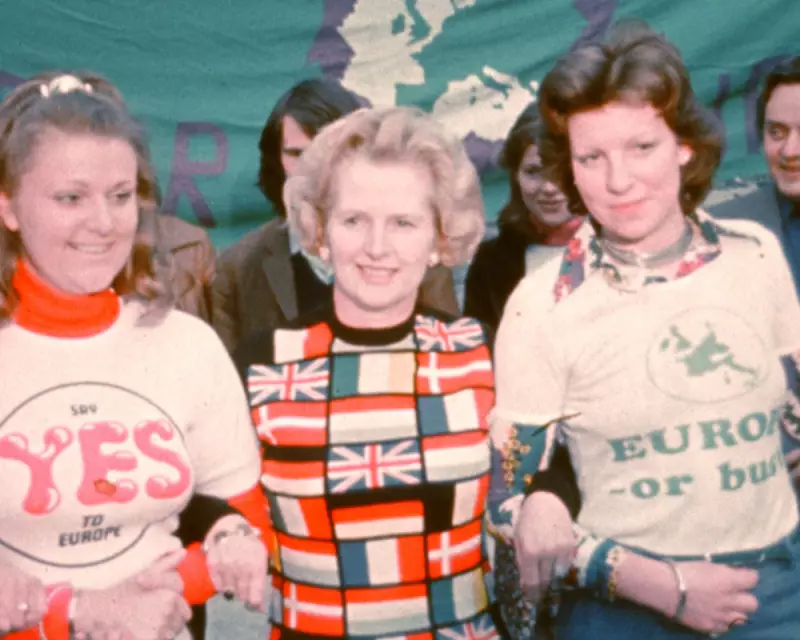
Forget everything you thought you knew about the Brexit vote. In his provocative new book, Between the Waves, acclaimed journalist and political analyst Tom McTague dismantles the prevailing narrative of Brexit as a sudden, shocking explosion of populist sentiment. Instead, he presents a compelling forensic analysis that traces the roots of the 2016 referendum result back through decades of profound economic and social transformation.
McTague's central thesis is that Brexit was not the cause of Britain's political turmoil but a symptom—a inevitable climax of forces building since the late 20th century. The real story, he argues, begins not with UKIP's rise or David Cameron's fateful pledge, but with the slow, seismic deindustrialisation of the 1980s and the widening chasm of a two-tier economy.
The Unseen Currents That Reshaped a Nation
The book masterfully charts how these "waves" of change created two Britains: one of dynamic, globalised metropolitan success and another of forgotten post-industrial communities. This growing divergence, McTague contends, made a political reckoning unavoidable.
Between the Waves challenges readers to look beyond the frantic daily drama of Westminster and the bitter partisan battles that followed the vote. McTague provides a sobering, panoramic view, arguing that the Leave victory was the logical outcome of these long-ignored undercurrents. Key pillars of his argument include:
- The Economic Great Divide: How the shift from manufacturing to a services-based economy created winners and losers, embedding a deep sense of inequality.
- The Failure of Representation: Why the main political parties became increasingly detached from the lived realities of these 'left behind' communities.
- Globalisation's Double-Edged Sword: Examining how the forces that benefited cities like London were often experienced as loss and disempowerment in other regions.
More Than Just a Politics Book
While deeply analytical, McTague's work is praised for its human storytelling. He grounds his macroeconomic theory in the personal stories of individuals from across the UK, giving a voice to the communities whose frustrations ultimately tipped the referendum result. This approach transforms the book from a dry political treatise into a gripping national portrait.
For anyone seeking to understand not just how Brexit happened, but why it was always likely to happen, Between the Waves is essential reading. It is a powerful, thought-provoking work that reframes the most divisive event in modern British history not as a beginning, but as a culmination.






